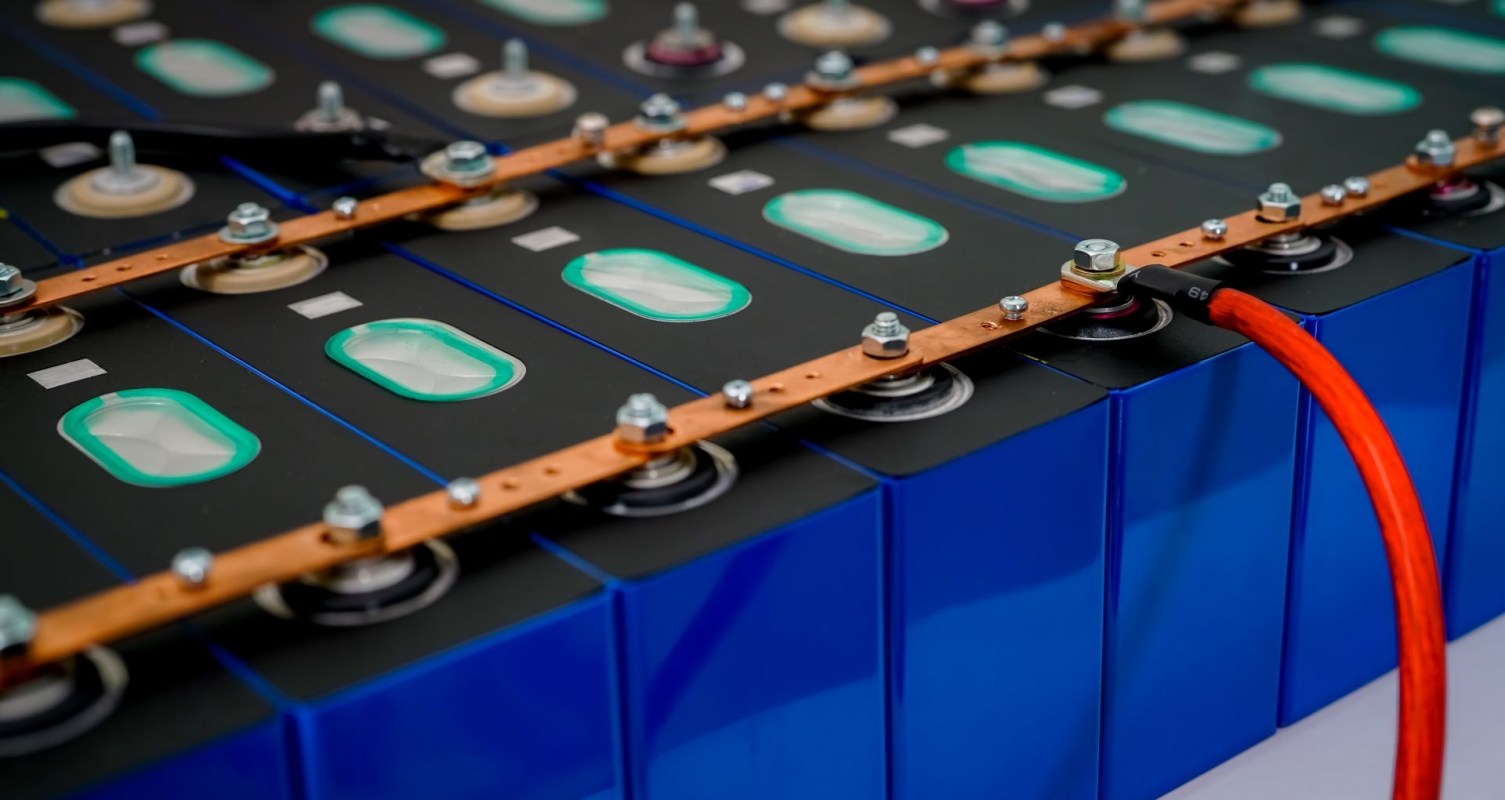As if you needed yet another reason to recycle your electronics with lithium-ion batteries, a study in the science journal Joule shows that recycled lithium-ion batteries may outperform their new counterparts.
Working in tandem, a group of 27 researchers from institutions like the Argonne National Laboratory and the Brookhaven National Laboratory tweaked the composition of recycled lithium-ion batteries to see how they would perform. They achieved some surprising results.
To reach their unexpected conclusions, the scientists behind the study made some changes to the cathode, which is the key —and most expensive — component within a typical lithium-ion battery.
Rather than melting down the entire used battery (as most other recycling processes do), the team was able to salvage the cathode and merely change its structure, resulting in better performance than even a new battery can offer.
Kang Xu, a U.S. Army Research Laboratory scientist unaffiliated with the study, told Scientific American that the research team's results were "very unique and very impressive." The study's findings also have the potential to be combined with similar research involving recycled anodes, the counterparts of cathodes.
In a 2022 study from Rice University published in the journal Advanced Materials, for instance, scientists were able to "quickly regenerate graphite anode materials found in lithium-ion batteries, removing impurities so they can be used again and again."
Improved lithium-ion battery recycling will not only help the environment and consumers but businesses as well.
"Battery manufacturers want to know that recycled cathode materials are not inferior to new cathode materials," said Yan Wang, a scientist from the Worcester Polytechnic Institute who contributed to the Joule study. "This research shows that recycled materials can electrochemically match or outperform pristine, state-of-the-art cathode materials from tier 1 suppliers."
Beyond losing valuable materials and structures that could be reused, failure to recycle lithium-ion batteries can have disastrous consequences.
In 2017, USA Today reported that 65% of fires at California waste management facilities were caused by discarded lithium-ion batteries. And yet, people can't seem to stop trashing them: In early February, a garbage truck in Columbus, Ohio, caught fire because a careless consumer threw out their laptop.
The question of how to make lithium-ion battery recycling profitable has long vexed companies, governments, and environmental advocates.
"Economically viable electric vehicle lithium-ion battery recycling is increasingly needed," a 2021 paper in the journal iScience concluded. "However routes to profitability are still unclear."
This study has the potential to change that paradigm entirely. "This work," the authors write, "proves that recycled materials could potentially be reused in new batteries and the profitable recycling process could be realized."
Luckily, there are a number of startups, like Germany's Tozero and Canada's Li-Cycle, that are committed to making lithium-ion battery recycling mainstream. With any luck, they will be able to incorporate the lessons learned from this latest study, and more consumers will be willing to give their old batteries another chance.
Join our free newsletter for weekly updates on the coolest innovations improving our lives and saving our planet.









